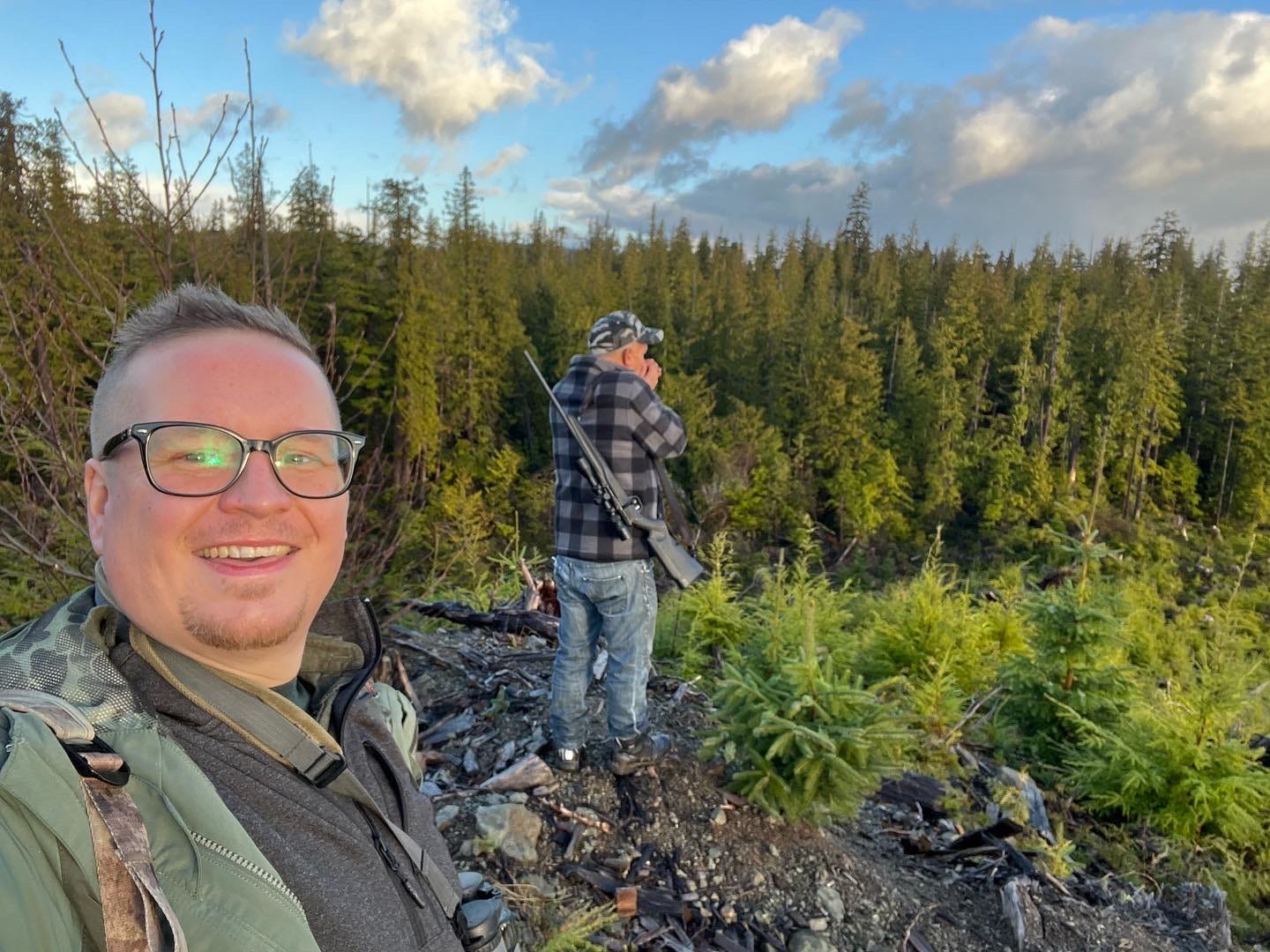The most famous piece of pop culture for turning children against deer hunting is Walt Disney’s adaptation of Bambi (1942), but I can’t personally claim anything with even that kind of pedigree; my most primordial, formative memory of any image of deer hunters, antagonistic or otherwise, is a 1984 episode of Silver Spoons called “A Hunting We Will Go,” whose imdb synopsis runs so:
Rick is eager to go on his first hunting trip with his grandfather, and Edward reluctantly allows it. But when Rick gets a deer in his sights, he finds himself conflicted over the experience.
In my memory of the episode, Ricky hits the deer with a non-fatal shot, and is then unable to finish the job. His aristocratic grandfather, played with highborn dignity by the actor John Stratton, then steps in to despatch the suffering ungulate with patrician sang-froid. According to the imdb trivia section for the episode, “Before the opening credits, Joel Higgins [the actor who portrayed Ricky’s father] provides a disclaimer that the episode's content may be upsetting for young people and that [the producers] invite families to watch it together.”
As a rule, I’m pretty skeptical of any language that overemphasizes ‘authenticity’ but the fact that this episode of a long-forgotten F-list sitcom is the earliest sense impression I have of the fundamental, transhistorical, transcultural human endeavour of hunting is almost surreally deracinated. The idea that screenwriters in an urban centre of a foreign country, working through the medium of a network TV show about a very wealthy boy living in a mansion with a miniature train running through the living room, shaped my first impressions of what has been, in an overwhelming preponderance of human societies across time both recorded and unrecorded, not only a primary means of survival but also of group cohesion, cultural meaning, and male initiation, is nearly inconceivable. I had a great uncle in rural Québec with guns, bows, and arrows in his basement; I had an uncle on the West Coast who went out in a little dinghy to check his crab trap. But besides our own immediate family’s very occasional crabbing trips to the long pier off the border community of White Rock, these things had nothing in particular to do with how I was raised, or who I was raised to be. The meat that I ate came from grocery stores and restaurants and, on Hot Dog Day, from out of a large styrofoam box at the front of the classroom. In an old issue of the X-Men, when Storm was horrified to see her fellow mutant hero, the Canadian enigma called Wolverine, stalking up on an innocent deer, she was relieved when she discovered that it was all just so that he could pet it — Wolverine (who would routinely slice into human and humanoid enemies with his six metal claws) was still a good guy after all. When I read that comic, I felt the same way as Storm did. Probably because it jibed with the episode of Silver Spoons.
And yet for years afterwards I was also fascinated to know if, like Wolverine, I might have what it takes to creep up on a deer unnoticed. Obviously, I didn’t want to hunt, because that was barbaric (remember the glassy black eyes on the deer that Ricky’s grandfather had shot? its blank look of terror?). But inexplicably, deeper down, further even than the Silver Spoons memory, there was something in me that wanted to know if I would be good at it. Whether I could be a good hunter.
Keep reading with a 7-day free trial
Subscribe to Charlie Don't Tweet -- Charlie Demers's Newsletter to keep reading this post and get 7 days of free access to the full post archives.




